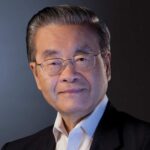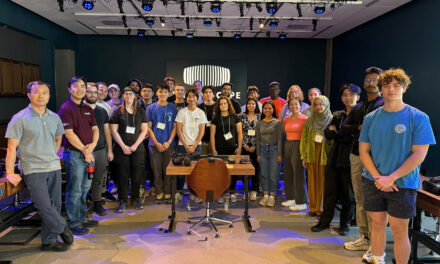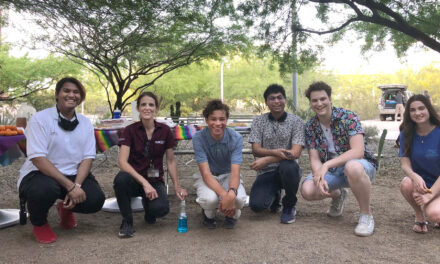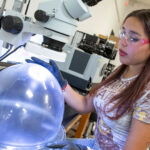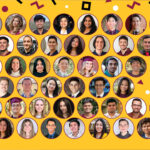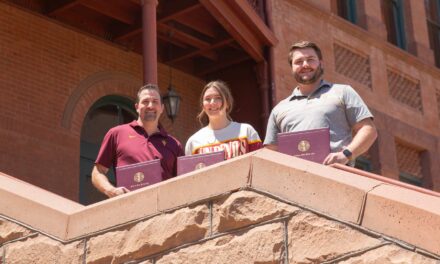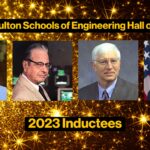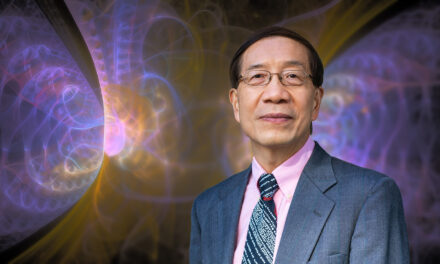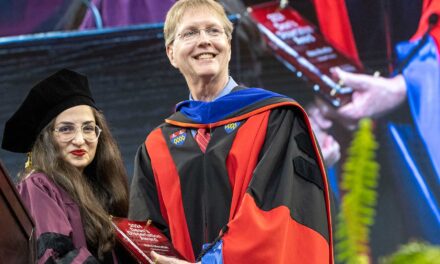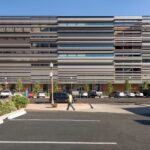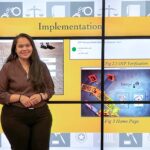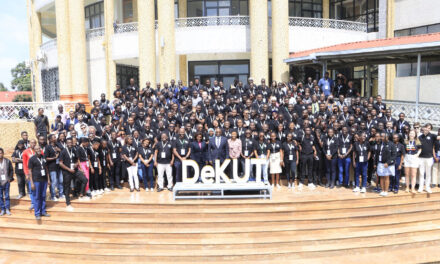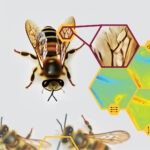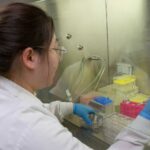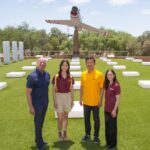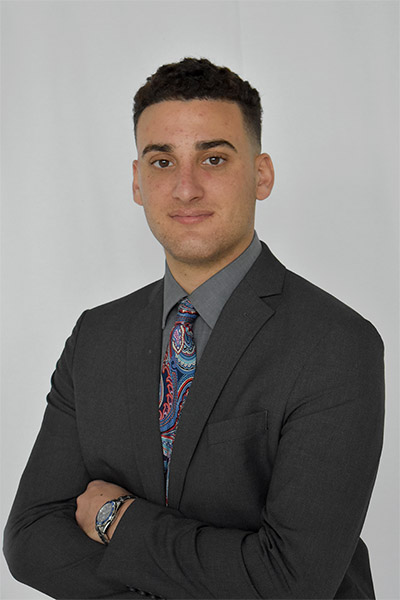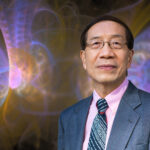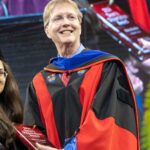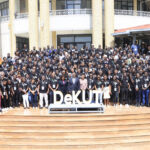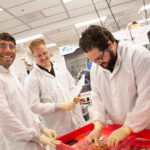
Impact Award, Fall 2023
Jacob Anderson
Jacob Anderson has always been fascinated by how the laws of physics permit humans to harness electricity. He says he chose to study electrical engineering at the Ira A. Fulton Schools of Engineering at Arizona State University to take advantage of the vast research opportunities available and because of the outstanding staff.
Once Anderson started his program, he was surprised at how many topics electrical engineers need to know for their work.
“For my research, being proficient in all facets of applied mathematics, electrodynamics, quantum mechanics, circuit theory, signal processing and similar topics is critical to being successful,” he says.
Anderson’s research includes experience investigating power electronics and high-frequency power electronics, which help regulate, process and control electrical energy, in the Miniaturized and Advanced Power Electronics Lab. Anderson worked under the guidance of Mike Ranjram, an assistant professor of electrical engineering in the Fulton Schools.
Anderson names Ranjram as highly influential in setting his career up for success.
“Dr. Ranjram is an absolutely brilliant mind with a mastery of an incredible amount of electrical engineering topics,” Anderson says. “He enthusiastically shared this knowledge with me throughout my undergraduate studies and helped complex topics seem trivial. Dr. Ranjram is also a phenomenal mentor, imparting wisdom in all aspects of the professional and academic experience.”
In addition to his experience as a student researcher, Anderson served as vice president of the ASU student chapter of Eta Kappa Nu, the honors society of the Institute of Electrical and Electronics Engineers, or IEEE, an undergraduate teaching assistant and a Fulton Schools tutor.
Anderson cites being the first author on a paper published by the IEEE, “Automation of High-Frequency Magnetic Core Loss Data Collection,” as his proudest achievement during his undergraduate education. He presented the work at the IEEE Workshop on Control and Modeling for Power Electronics conference, a rare accomplishment for an undergraduate student.
After graduation, Anderson will return to ASU to pursue a doctoral degree in electrical engineering. He aims to help contribute to the development of commercially available electricity from nuclear fusion technologies over the course of his career.
“Being able to create things is what makes being an engineer fun,” he says. “There’s nothing better than that.”
Read about other exceptional graduates of the Fulton Schools’ Fall 2023 class here.





